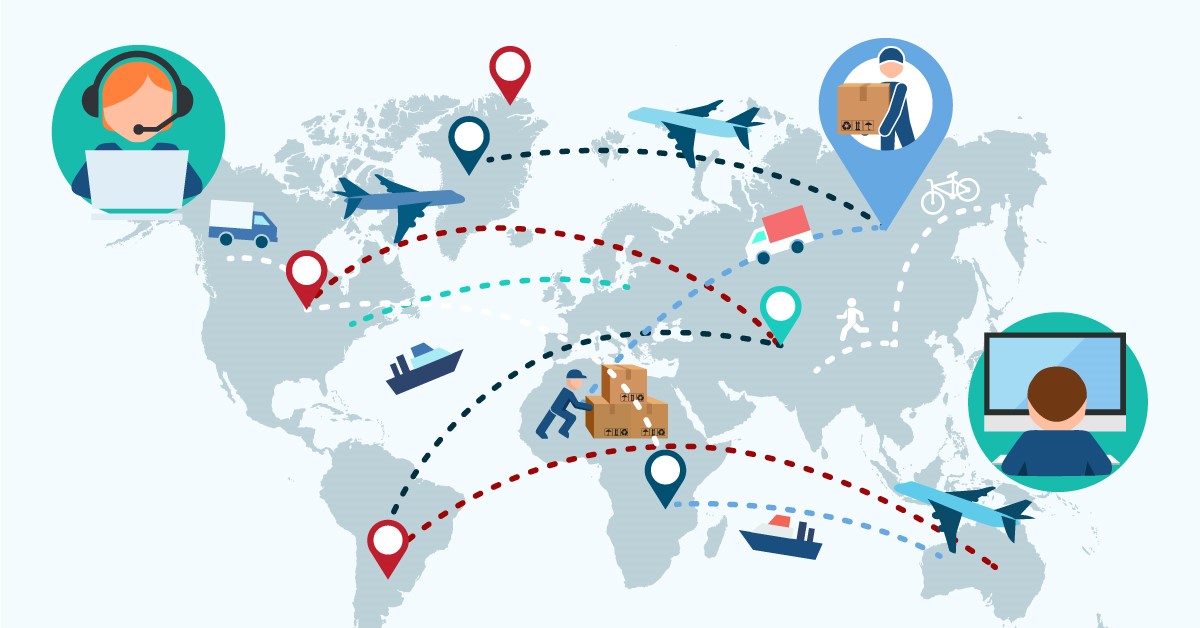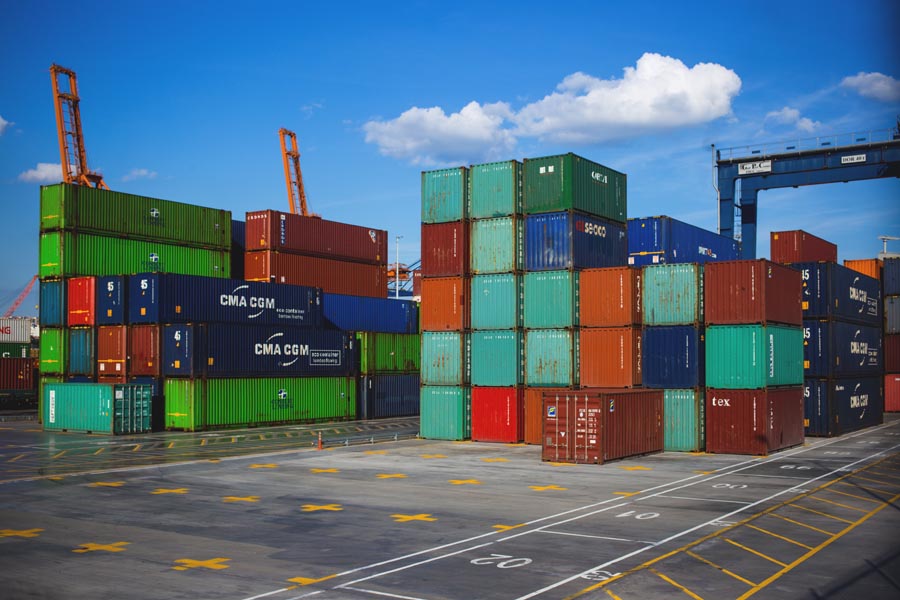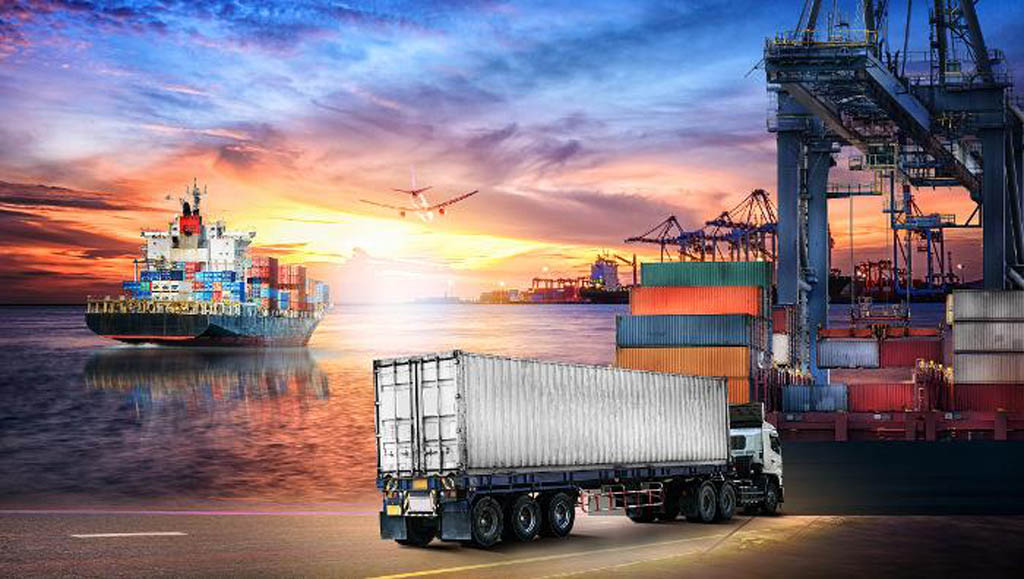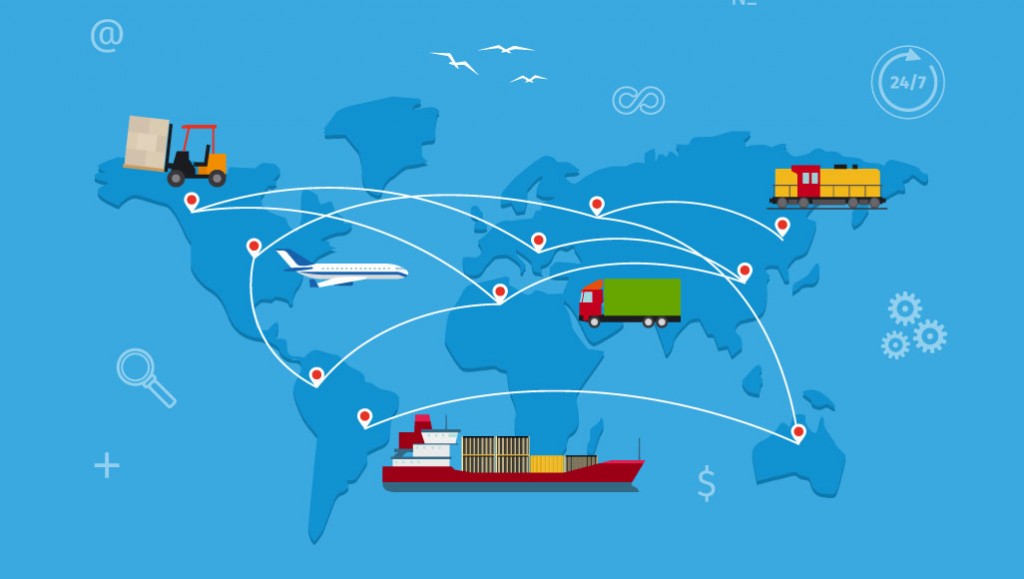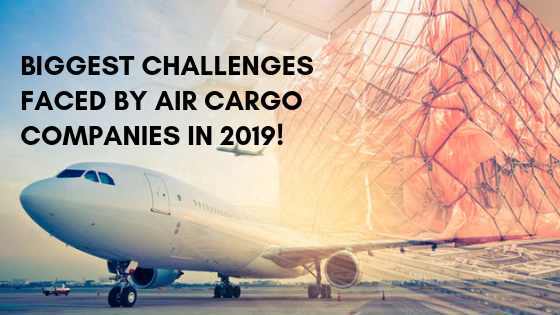
Biggest challenges faced by air cargo companies in 2019!
The logistics scenario has changed to a very great extent and a market that had seen the lowest of times is now running consistently on a profitable high. Today Air freight is having a competitive edge over other modes of transportation supported with reduced oil prices. Yet there are various bottlenecks and challenges that need to be overcome to keep the successful run going.
We have been understanding the various challenges that are faced by Air Cargo and a few of the most interesting and important ones to be tackled mentioned here.
E-Commerce :
E-commerce is growing exponentially all over the world and hence air cargo is also gaining popularity as it becomes the most viable and time-saving option. The sheer volume of air cargo handling has increased manifold with the advent and growth of E-commerce as ordering a product is just a click away. According to the latest reports, the global E-commerce forecast for the year 2019 is an all-time high of $3.5 trillion. Hence with such a huge number it certainly requires a much more integrated operational approach from everyone involved in the supply chain in order to succeed.
Electronic air waybill mandatory:
As electronic Air Way Bills are still relevant for specific situations in 2019 Electronic AWB’s will be the only and default method particularly in a scenario when almost every industry is aiming to become eco-friendly and paperless. With every introduction of change comes the biggest challenge of adopting and adapting. Same goes with the E-AWB becoming mandatory as it will be of great challenge for the humans to move away from manually creating Air Waybills.
With any big change comes human defiance and errors. Satisfying the need for hasty communication among workers and consumers with the new technology will be the first challenge to present itself, in along with the need for critical information being uploaded correctly and in a timely fashion.
Stringent compliances:
Safety and security have already become the topmost priority for any country in this growing times of terrorism.
In the coming year’s many transportation organizations, in particular, the postal services will have to follow more stringent regulations when it comes to international delivery. All incoming goods will have to be duly reported to the customs agents and including the air carriers will have to follow the same.
Need for proper integration:
Technology has a major role to play today when it comes to increasing efficiencies and operational smoothness. But technology fails when many times it becomes to difficult for all parties to be equally enhanced. It is going to be a great task when logistics operations have to be carried out between nations with diverse economic and financial capabilities. Based on this it needs to be mentioned that technologically and financially sound countries implement a different system to carry out trade and commerce as in contrast with lesser capable nations. A uniform system is the only way to have a good and better supply chain management.
Summary: Any industry will have to keep evolving and need to embrace change at any levels of operations if it needs to be at the forefront of growth and competition. Technology and using it to keep with the timelines also providing better visibility will surely have a giant impact on the way air cargo industry progresses in the coming years.

